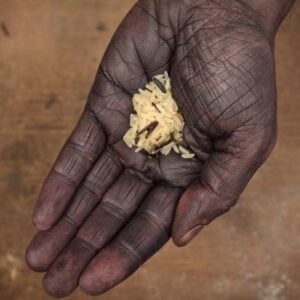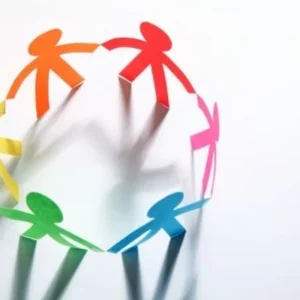As conflict continues across much of Sudan, more than one million internally displaced Sudanese have begun returning home, alongside an additional 320,000 people crossing back into Sudan from neighboring countries such as Egypt and South Sudan. Many of these returns are to areas like Khartoum, Sennar, and Al Jazirah, despite the severe destruction caused by over two years of war.
UNHCR and IOM regional directors recently visited Khartoum and observed extensive damage and a breakdown in basic services. These areas still host displaced people, refugees, and asylum-seekers, many of whom have been cut off from humanitarian aid since the conflict began. An earlier visit by the UNDP Regional Director also aimed to identify long-term strategies for livelihood recovery and essential services.
Humanitarian funding for Sudan and host countries remains critically low. Agencies stress the need to immediately increase financial support to launch early recovery efforts in safer areas and to continue supporting refugees in neighboring countries. Aid must enable a dignified, voluntary return, while also helping restore community services and economic activity.
Despite reduced fighting in some return areas, infrastructure remains severely damaged. Roads, power lines, schools, and hospitals are either destroyed or repurposed as shelters. Many returnees lack civil documents, preventing them from accessing public services, while communities face ongoing threats such as unexploded ordnance, sexual violence, and child rights violations.
UN officials emphasized the resilience of those returning, calling it a hopeful yet fragile development. They warned that without urgent support, people would return to uninhabitable cities with no basic services or opportunities. International solidarity is needed to prevent further strain on already overwhelmed host countries and to enable genuine recovery.
Even as returns increase, many continue to flee the country due to ongoing violence in Darfur and Kordofan. Sudan urgently needs a political resolution to end the conflict and provide a foundation for peace and full recovery, allowing its people to rebuild their lives with dignity.







